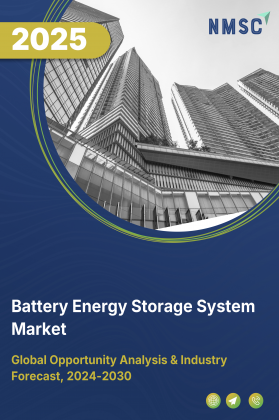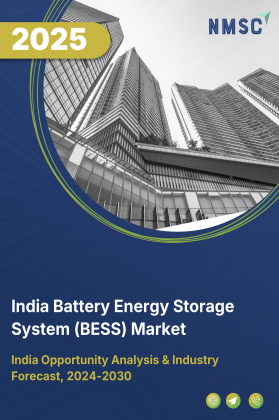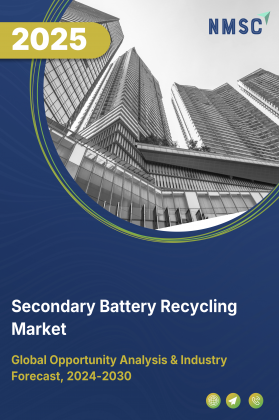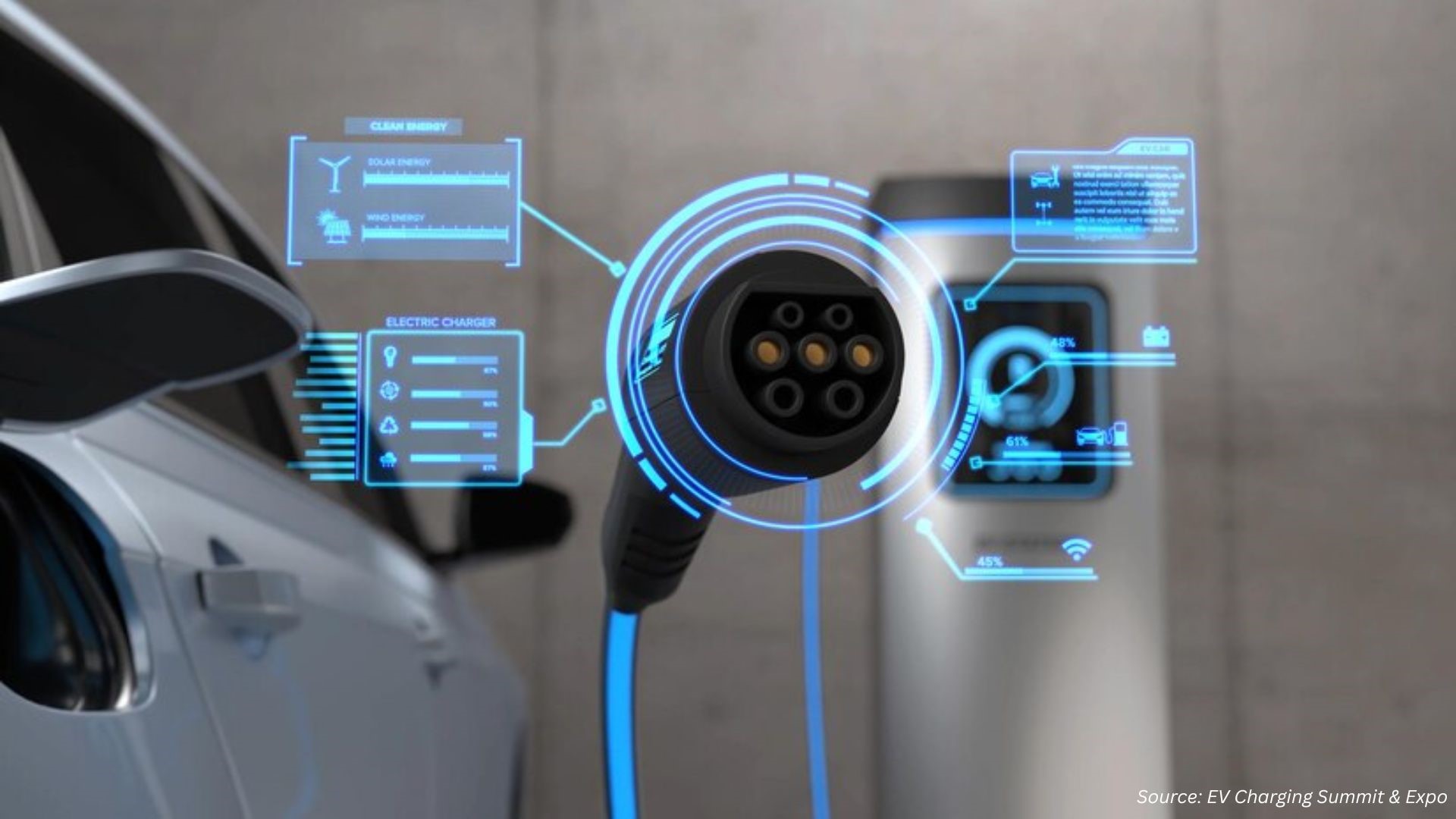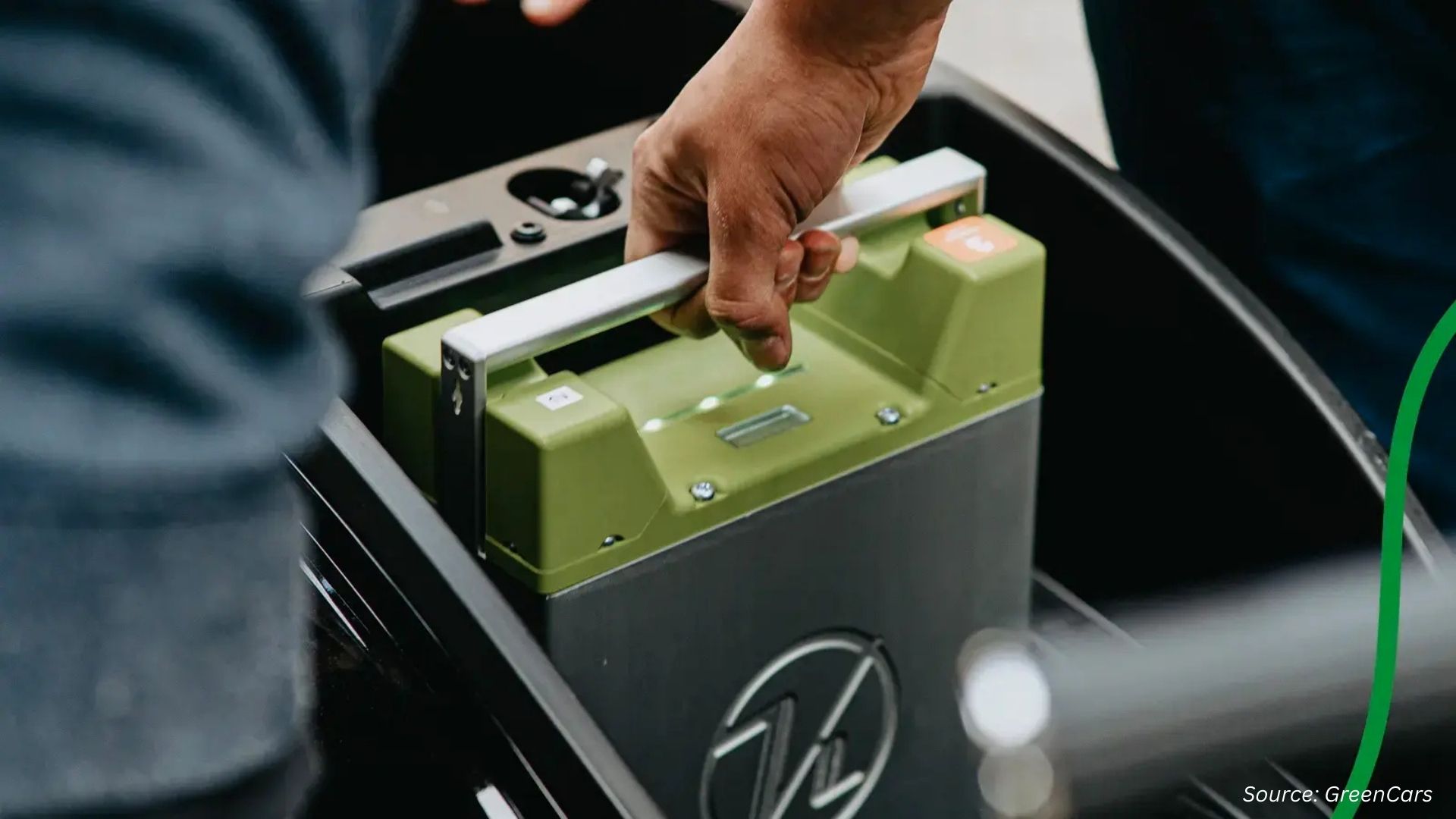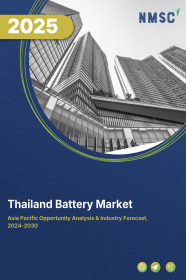
Thailand Battery Market by Type (Stationary, and Motive), by Battery Type (Primary Batteries (Non-rechargeable), and Secondary Batteries (Rechargeable)), by Voltage Type (Low Voltage Batteries (1V - 12V), Medium Voltage Batteries (24V - 100V), and High Voltage Batteries (200V - 1000V)) – Opportunity Analysis and Industry Forecast 2023-2030
Industry: Energy & Power | Publish Date: 18-Sep-2025 | No of Pages: 141 | No. of Tables: 168 | No. of Figures: 113 | Format: PDF | Report Code : EP713
Market Overview
Thailand Battery Market was valued at USD 1.14 billion in 2022, and is predicted to reach USD 4.01 billion by 2030, with a CAGR of 17.0% from 2023 to 2030.
A battery operates as a mechanism that stores energy and later releases it by transforming chemical energy into electrical energy. Typically, batteries produce electricity by harnessing one or more electrochemical cells. Batteries can be categorized into two distinct types such as primary batteries and secondary batteries. Primary batteries, also known as non-rechargeable batteries, offer a straightforward and convenient energy supply for various portable electronic and electrical devices, including cameras, watches, toys, lights, radios, and more.
In contrast, secondary batteries, often referred to as rechargeable batteries, possess the capability to be recharged electrically once they've been depleted. These energy storage solutions have evolved into indispensable sources of power in our daily routines.
The progress of cutting-edge technologies, encompassing smartphones, tablets, laptops, solar energy systems, and electric vehicles (EVs), has ushered in the era of robust batteries capable of prolonged endurance and providing essential energy requirements.
Aggressive Government Policies and Substantial Foreign Investment in Electrification
A primary catalyst for the Thai battery market is the government's unwavering commitment to establishing the nation as a regional electric vehicle (EV) hub. The EV3.5 policy, active from 2024 to 2027, provides a powerful stimulus through a combination of consumer subsidies up to THB 100,000 (approximately $2,800) per vehicle, significant reductions in import duties, and an excise tax cut to just 2% for eligible EVs. This strategic incentive structure has successfully attracted a wave of foreign direct investment from major global manufacturers, including BYD, Great Wall Motor, and Sunwoda, who are establishing local production facilities for both EVs and batteries, thereby anchoring the supply chain within Thailand.
Synergistic Expansion of EV Adoption and Renewable Energy Infrastructure
The market is benefiting from the parallel growth of two major sectors: electric mobility and renewable energy. Consumer demand for BEVs is surging, with sales projected to grow at a robust compound annual growth rate (CAGR) of 17.7%. This demand is supported by the rapid expansion of charging infrastructure, with a national goal to install 12,000 DC fast chargers by 2030. Simultaneously, Thailand's push for clean energy has spurred significant investment in solar and wind projects, creating a critical need for Battery Energy Storage Systems (BESS) to ensure grid stability. The BESS market itself is projected to expand significantly, creating a large, non-automotive demand stream for batteries.
Significant Dependence on Imported Raw Materials and Global Supply Chain Volatility
A fundamental challenge facing the Thai battery industry is its heavy reliance on imported raw materials. The country lacks significant domestic reserves of critical minerals such as lithium, cobalt, and nickel, which are essential for manufacturing modern lithium-ion batteries. This dependence makes local producers vulnerable to global price fluctuations, geopolitical tensions, and supply chain disruptions. Such external factors can unpredictably increase production costs, compress profit margins, and hinder the industry's ability to compete on price, posing a significant risk to long-term stability and growth.
Pioneering a Circular Economy and Innovative Battery-as-a-Service Models
A substantial opportunity exists for Thailand to become a regional leader in the battery circular economy. As the first wave of EVs approaches the end of its life cycle, a large volume of used batteries will become available. Developing a robust domestic industry for battery recycling and second-life applications can mitigate raw material dependency, create a new source of valuable materials, and align with global sustainability trends. Concurrently, innovative business models like battery-swapping are gaining traction. These services address key consumer concerns such as high upfront costs, long charging times, and battery degradation, offering a convenient alternative that could significantly accelerate EV adoption and open new revenue streams for the industry.
Competitive Landscape
The Thailand battery industry includes several market players such as BYD Company Ltd., Tesla, Inc., Toshiba Corporation, Panasonic Corporation, Exide Industries Ltd., GS Yuasa International Ltd., Bellco Battery, 3K BATTERY, Siam Pan Group Public Co.,Ltd., Samsung SDI Co. Ltd., LG Chem Ltd., Sunpower New Energy, FB Battery, NV Gotion, Delkor Batteries.
Thailand Battery Market Key Segments
By Type
-
Stationary
-
Motive
By Battery Type
-
Primary Batteries (Non-rechargeable)
-
Alkaline Batteries
-
Zinc-Carbon Batteries
-
Lithium-Thionyl Chloride Batteries
-
-
Secondary Batteries (Rechargeable)
-
Lead-Acid Batteries
-
Nickel-Cadmium (NiCd) Batteries
-
Nickel-Metal Hydride (NiMH) Batteries
-
Lithium-ion Batteries
-
Lithium Nickel Manganese Cobalt (LI-NMC)
-
Lithium Iron Phosphate (LFP)
-
Lithium Cobalt Oxide (LCO)
-
Lithium Titanate Oxide (LTO)
-
Lithium Manganese Oxide (LMO)
-
Lithium Nickel Cobalt Aluminum Oxide (NCA)
-
-
-
Other Secondary Batteries
By Voltage Type
-
Low Voltage Batteries (1V - 12V)
-
Medium Voltage Batteries (24V - 100V)
-
High Voltage Batteries (200V - 1000V
By Power Capacity
-
Low-Capacity Batteries (Up to 1,000 mAh)
-
Medium Capacity Batteries (1,000 mAh to 10,000 mAh)
-
High-Capacity Batteries (10,000 mAh to 100,000 mAh)
-
Ultra-High Capacity Batteries (More than 100,000 mAh)
By Self-Discharge Rate
-
Low Self-Discharge Rate Batteries
-
Medium Self-Discharge Rate Batteries
-
High Self-Discharge Rate Batteries
By Application
-
Residential
-
Industrial
-
Automotive
-
ICE Engines
-
Passenger vehicles
-
Commercial vehicles
-
-
Electric vehicles
-
E-Bikes
-
E-Cars
-
E-Buses
-
E-Trucks
-
-
-
Medical
-
Telecom & IT
-
Consumer Electronics
-
Power & Utility
-
Aerospace & Defense
-
Marine
-
Other Industries
-
Commercial
-
Key Players
-
BYD Company Ltd.
-
Tesla, Inc.
-
Toshiba Corporation
-
Panasonic Corporation
-
Exide Industries Ltd.
-
GS Yuasa International Ltd.
-
Bellco Battery
-
3K BATTERY
-
Siam Pan Group Public Co.,Ltd.
-
Samsung SDI Co. Ltd.
-
LG Chem Ltd.
-
Sunpower New Energy
-
FB Battery
-
NV Gotion
-
Delkor Batteries
Report Scope and Segmentation
|
Parameters |
Details |
|
Market Size in 2022 |
USD 1.14 billion |
|
Revenue Forecast in 2030 |
USD 4.01 billion |
|
Growth Rate |
CAGR of 17.0% from 2023 to 2030 |
|
Analysis Period |
2022–2030 |
|
Base Year Considered |
2022 |
|
Forecast Period |
2023–2030 |
|
Market Size Estimation |
Billion (USD) |
|
Growth Factors |
Aggressive Government Policies and Substantial Foreign Investment in Electrification Synergistic Expansion of EV Adoption and Renewable Energy Infrastructure |
|
Companies Profiled |
15 |
|
Market Share |
Available for 10 companies |
|
Customization Scope |
Free customization (equivalent up to 80 working hours of analysts) after purchase. Addition or alteration to country, regional, and segment scope. |
|
Pricing and Purchase Options |
Avail customized purchase options to meet your exact research needs. |

















 Speak to Our Analyst
Speak to Our Analyst



